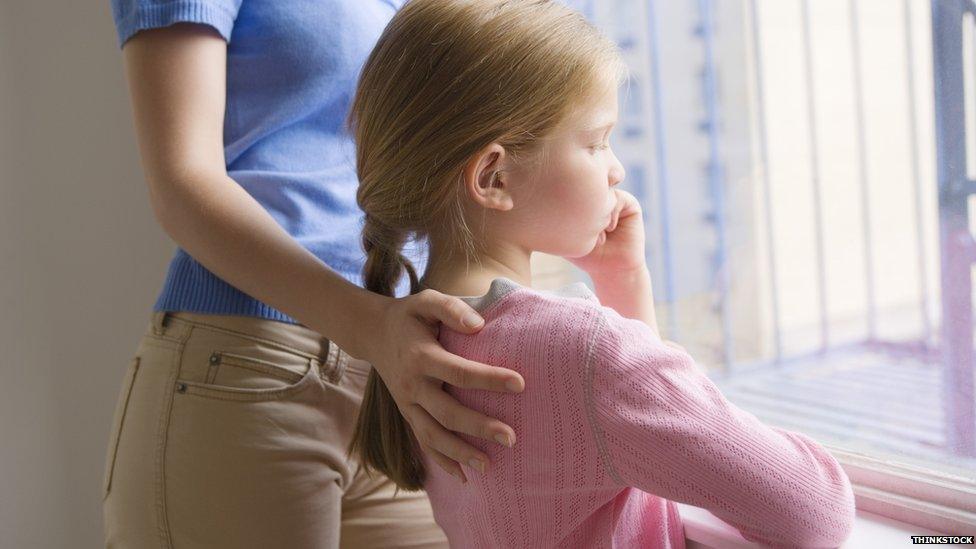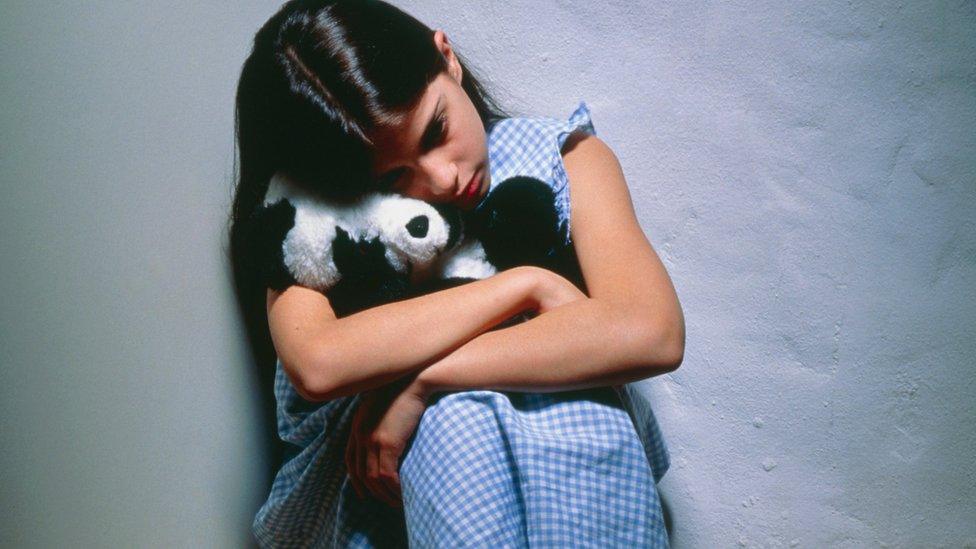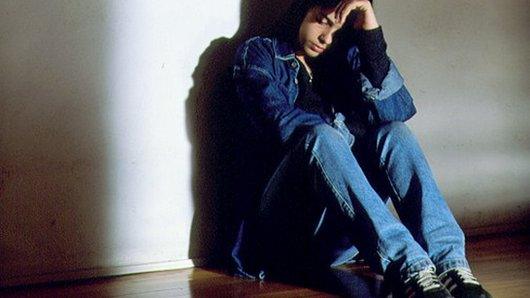Heads 'calling 999 over mental health'
- Published

Teachers have highlighted rising levels of mental health problems among students
Schools are having to make 999 calls to get treatment for pupils suffering from mental health problems because of service shortages, head teachers say.
They are having to call ambulances or the police to get pupils to A&E for the help they need, they say.
Some schools are being asked to pay for services for troubled pupils that should be provided by the NHS or social services, says the ASCL heads' union .
The government said it had ring-fenced £1.4bn for children's mental health.
'Gap in provision'
But in evidence to the Education Select Committee, teachers, heads and bodies representing counsellors and therapists, complained of "significant problems" securing support for pupils' mental health problems and special educational needs.
Local mental health services are no longer able to offer early support, and it was very difficult to get hold of the right professional to deal with a child's special educational need, they said.
The committee, looking at the wellbeing and mental health of children in care, were told: "It often takes a considerable amount of time to arrange meetings and access support, and in some instances, it may be difficult to secure support."
The delays were affecting all children and young people, not just children in care who tended to face more mental health issues, it was told.
Evidence from the NAHT, which represents primary school heads, said: "There is clearly a gap in the provision of services to support the mental health and wellbeing of looked-after children which schools are seeking to bridge."
The Association of School and College Leaders, which represents thousands of secondary school heads, said: "Even in situations where a child needs immediate support (due to being a risk to themselves or others) Camhs (child adolescent and mental health services) may not be available.
"This means that schools and colleges are sometimes forced to either call the police or to send the child or young person to A&E to ensure they are seen by a properly trained mental health worker.
"There needs to be a much better system in place that can provide immediate support."
'Emotional first aid'
Schools should be able to report a case of a child with mental health problems to a trained specialist who can provide appropriate help and support, ASCL told the committee, instead of applying "emotional first aid".
This was reflected by the Alliance for Children in Care and Careleavers, which said: "Looked-after children should have the right to the support they need to promote good emotional wellbeing at the earliest opportunity, rather than waiting for a crisis before they can access support."
Teachers also reported that schools are having to pay for health staff to attend meetings or perform assessments of their special needs.
It comes as a new system of meeting children's special needs is being phased in. Educational Health Care Plans are replacing statements of special educational needs.
The National Association of Schoolmasters and Union of Women Teachers told the committee that schools were being asked to pay for NHS staff and educational psychologists to attend meetings to determine and assess a child's special educational needs.
'Resilience'
"Such practice is unacceptable," the NASUWT said, adding: "It... is likely to lead to delay or even prevent children and young people with Send (special educational needs and disability) from receiving the support they need."
In its submission to the committee, the Department for Education said it was working with the Department of Health to implement the proposals of the children and young people's taskforce on mental health, called Future in Mind.
"Future in Mind sets the scene for a transformation of mental health care for children and young people, and sets out a series of proposals for local areas to explore, such as the use of embedded mental health professionals in child health and social care teams.
"One of its key themes is care for the most vulnerable who will benefit from transformational work in areas including: promoting resilience, prevention and early intervention; improving access to support - a system without tiers; accountability and transparency; and developing the workforce," it said.
A government spokesman said mental health was a priority, "which is why we are delivering the greatest investment in young people's mental health services to the tune of £1.4bn over the next five years.
"This will mean we can provide better care sooner, so people aren't forced to contact the emergency services for the support they need.
"Alongside this we have just launched the largest ever campaign aimed at tackling the stigma surrounding mental health for young people and published guidance to schools on how to support those with mental health needs linked to behaviour and teach about mental health.
"Schools can play a key role in supporting young people but teachers are not mental health professionals and should be able to draw on support from specialist services," said the spokesman.
The government was also contributing £1.5m to a single-point-of-contact scheme with NHS England to provide young people with "high quality joined-up support", he added.
- Published3 November 2015

- Published12 October 2015

- Published11 March 2014
